Surprising List of Foods Linked to Cancer-Causing ‘Forever Chemicals’
For decades, scientists have understood that diseases like cancer are directly related to what people put in or on their bodies.
Smoking can cause lung cancer, alcohol leads to liver cancer, and now, they know that certain foods are causing a wide variety of cancers in the young, the old, and even the extremely healthy.
New Research Proves PFAS Are Directly Linked to Cancer
About 15,000 chemical substances have been used in products and food since the 1940s. Scientists call them PFAS, or “forever chemicals,” and they have known for quite some time just how dangerous they are for the body.

Source: Shutterstock
PFAS can cause cancer, as well as liver and kidney problems, thyroid malfunctions, birth defects, insulin dysregulation, and hormonal or reproductive problems. And the worst part is, they’re everywhere.
PFAS Can Be Found in Almost Everything People Use
From cleaning products to water-proof jackets, non-stick pans, wax paper, shampoo, plastic to-go containers, and even the food inside them, it seems there are very few items that don’t contain PFAS.
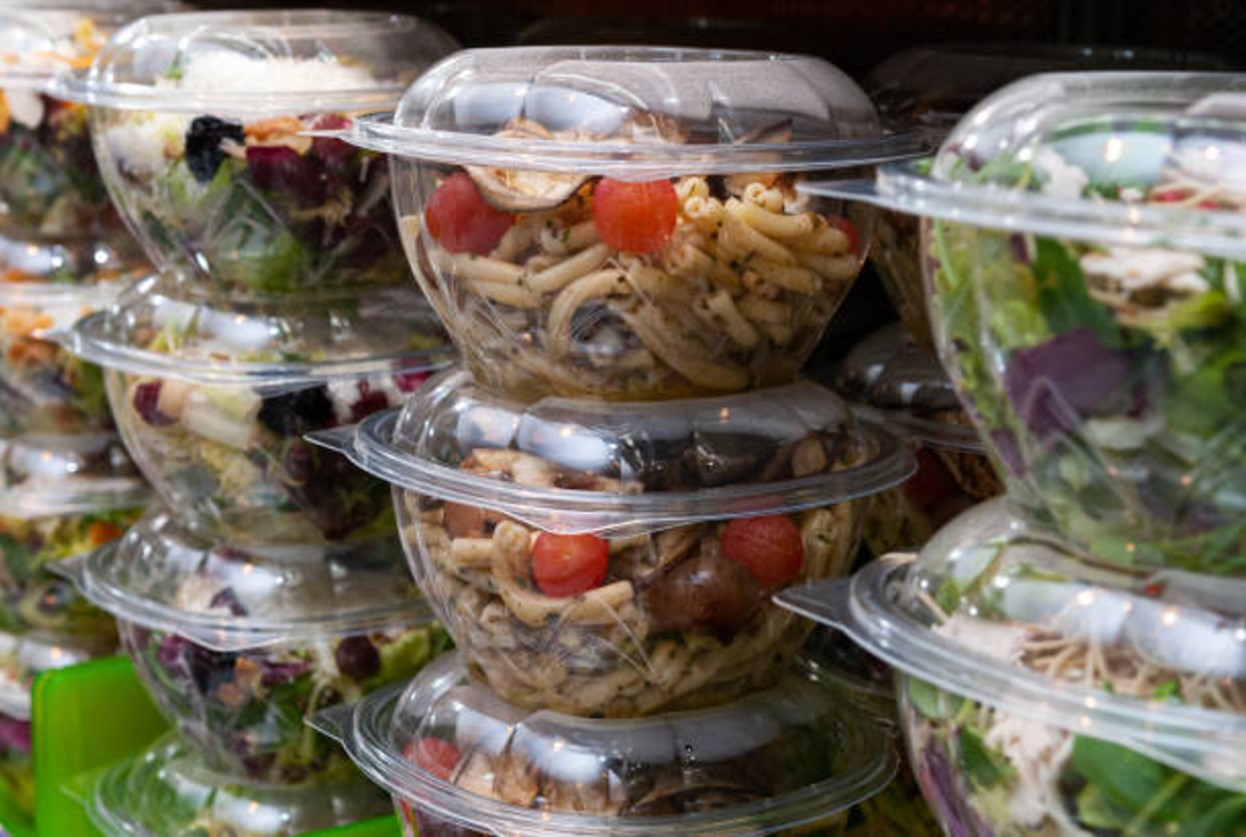
Source: iStock
And a recent study noted that PFAS were found in some foods and products that most people consider healthy, chemical-free choices.
700 Participants Over 4 Years
The study carefully monitored the diets and consequent PFAS levels of 700 participants over the course of four years.
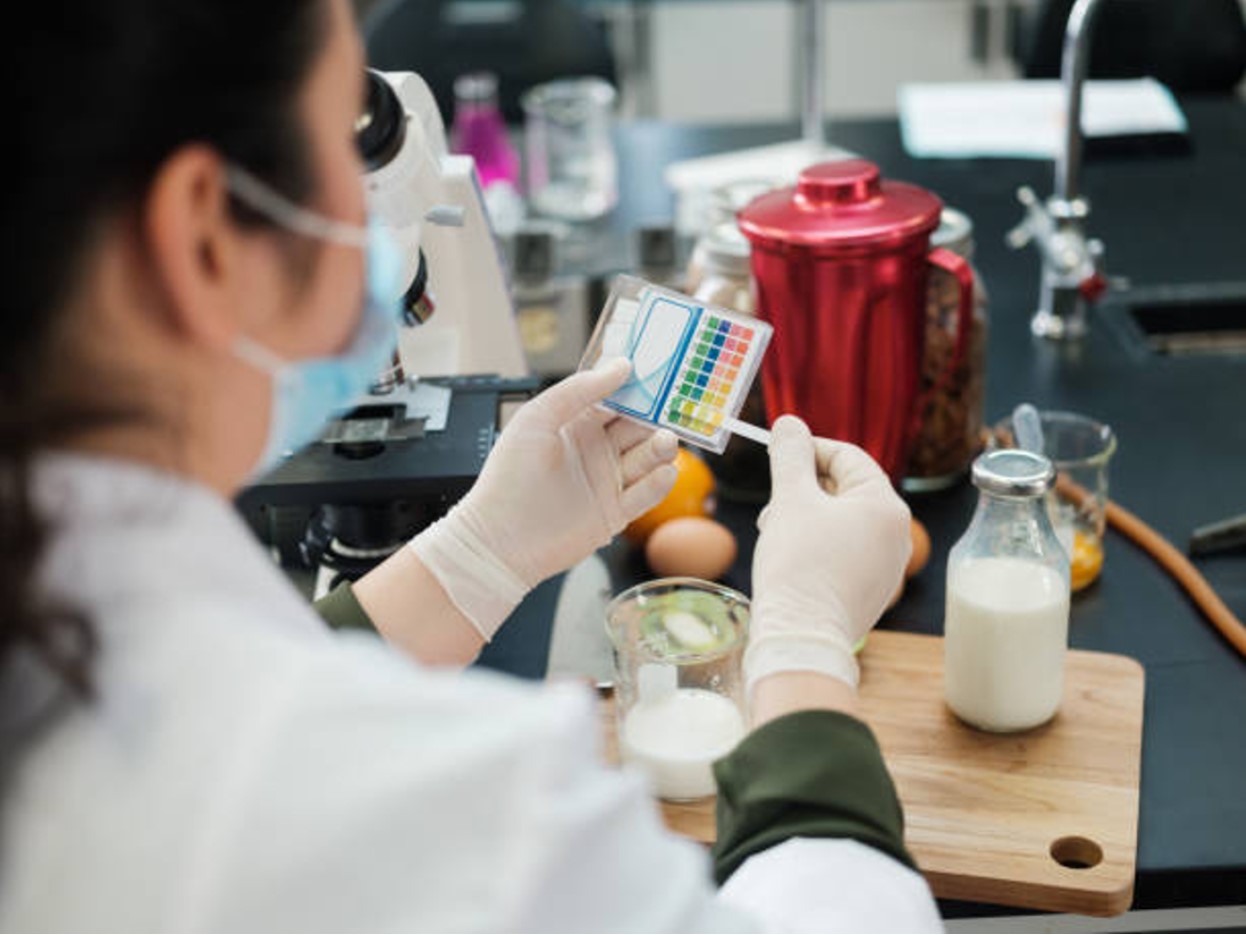
Source: iStock
They found several interesting and surprising truths within the study, such as the fact that people who drank bottled water were more likely to have a higher PFAS count than those drinking sodas or fruit drinks.
Bottled Water Is a Major Source of PFAS
Everyone knows that drinking the recommended three liters of water a day is absolutely necessary for a healthy, happy body. However, according to this research, bottled water is actually quite dangerous because of the excess number of PFAS it contains.
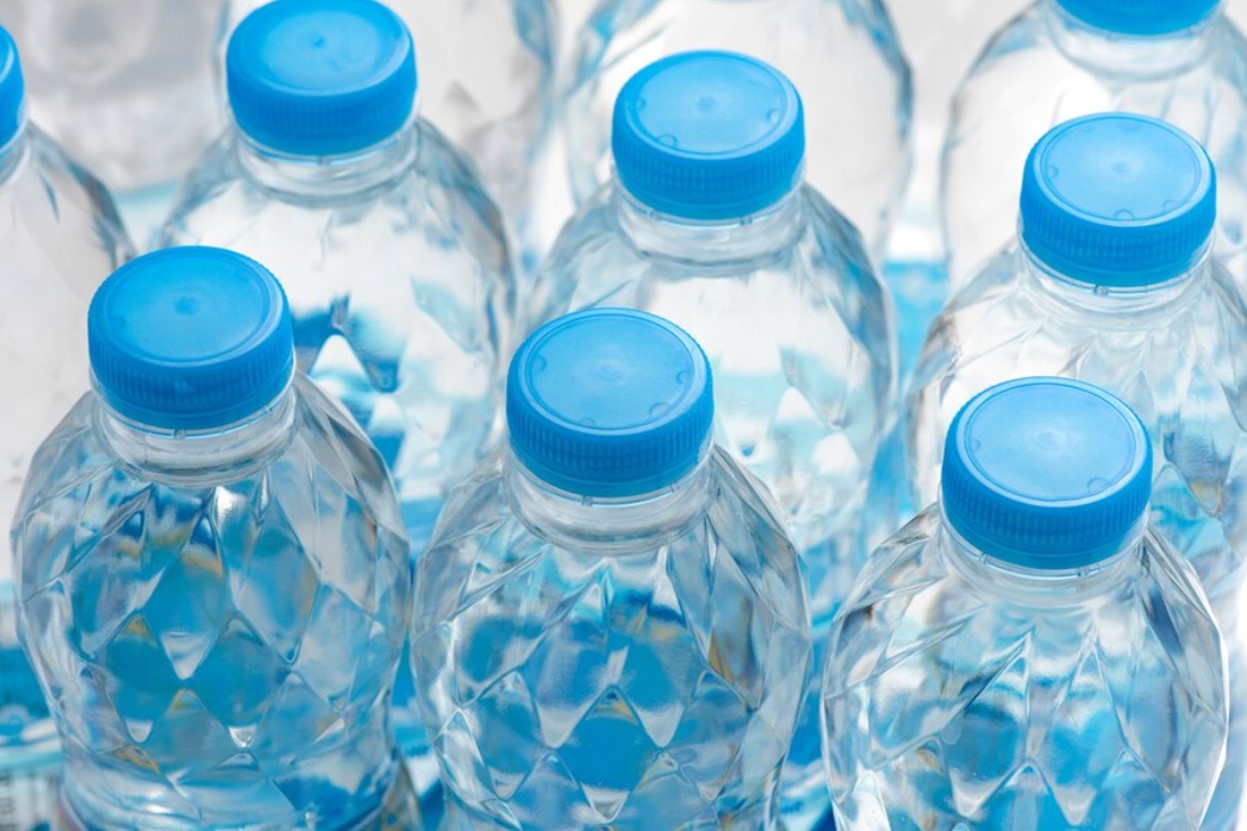
Source: Freepik
Some consumers have ditched bottled water for a refillable metal or plastic bottle to do their part to save their environment. But this data shows that bottled water isn’t just bad for the planet; it’s bad for the body as well.
Butter Has an Extremely High PFAS Count
The study also noted that butter has a disproportionately high number of PFAS compared to other whole foods.

Source: iStock
Butter is contaminated in two ways: First, the manufacturing process includes added PFAS in order to ensure a longer shelf life, and second, the greaseproof paper in which it is wrapped is full of the dangerous chemicals.
Tea, Pork, and Nut Butters Are Also High on the List
The study also reported that nut butter, especially peanut butter, as well as tea bags and pork, all had higher concentrations of PFAS than they expected to find.

Source: Freepik
The authors believe that it’s the tea bags, not the tea, that have been treated with chemicals, though they’ll need to do more research to confirm that theory. But they do know that the majority of pigs used for pork meat have been contaminated with the chemical and that PFAS are used to preserve most nut butter.
Processed Meats Are Full of PFAS
Additionally, the research found that any and all processed meats increased the levels of PFAS in participants.

Source: Shutterstock
Hailey Hampson, the lead author of the study from the University of Southern California, explained that this was one of the least surprising conclusions, as they have known for some time that the practice of manufacturing processed meats ensures elevated PFAS.
Participants Who Ate Out at Restaurants Had a Higher PFAS Count
Another not-so-surprising but certainly important finding was that those participants who ate the majority of their meals at home instead of from a restaurant had far fewer PFAs in their system.
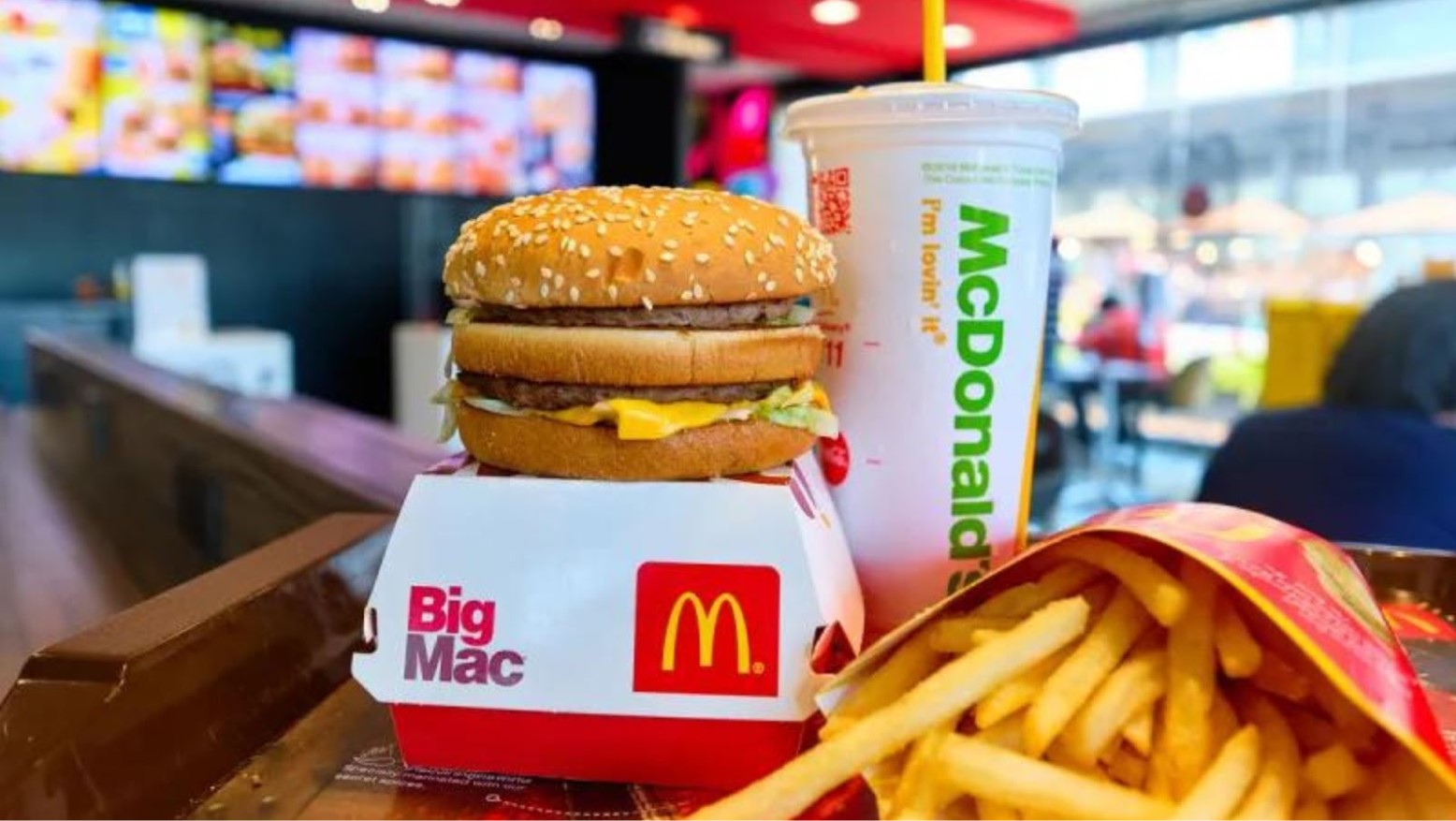
Source: Shutterstock
However, what was interesting was that this didn’t just apply to “healthy” or “unhealthy” foods. For example, someone who ate a salad from a restaurant was more likely to have increased PFAS levels than someone who made a cheeseburger at home.
Researchers Believe Packaging Is to Blame
Hampson told The Guardian, ”It’s really interesting to find that these foods that are maybe not so healthy, when they’re cooked at home were a lower source of PFAS, and that definitely points to food packaging.”
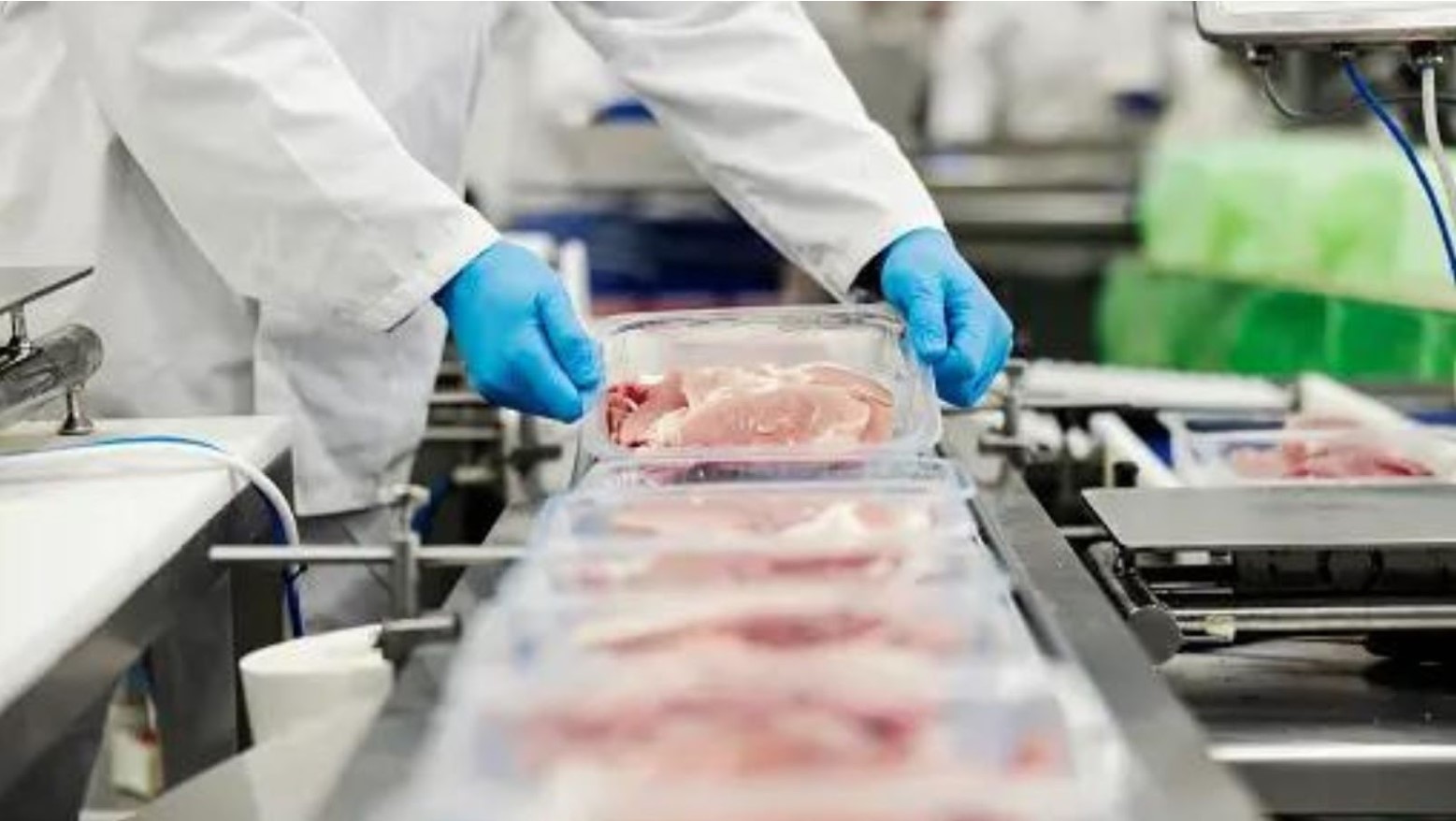
Source: iStock
So, in some cases, it’s not about the food itself but about the packaging the manufacturers or restaurants use that increases the number of PFAS.
“Healthy” Foods Tainted by PFAS in Fertilizer
Unfortunately, it’s incredibly challenging to avoid PFAS completely, even if one buys only unpackaged food and prepares everything in the home.
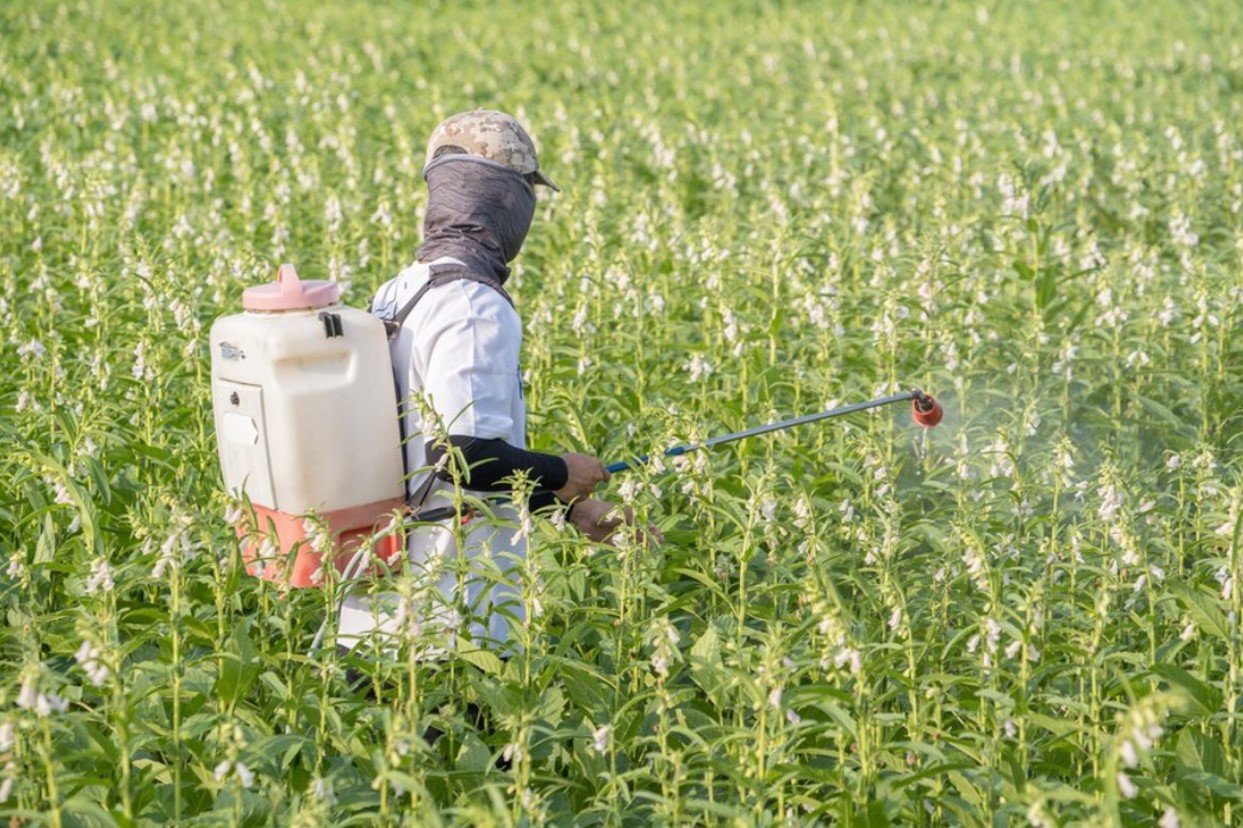
Source: Freepik
The study found that many farms around the USA and the world as a whole spray fertilizer contaminated with PFAS directly onto crops as they grow. And what’s worse is that some farmers don’t even know they’re doing so, as the water they use has been contaminated.
Studies Like These Will Hopefully Increase Awareness and Decrease the Use of PFAS
Thanks to this study and others like it, experts are hoping that the use of PFAS will be eliminated or at least decreased across the board, especially in whole foods that the majority of people consider the healthy choice.

Source: Freepik
Co-author of the study from USC Jesse Goodrich explained, “We need more public health monitoring, especially of healthy foods, to make sure we don’t have unintended chemical exposures in what we know are foods that are healthy in a lot of other ways.”
